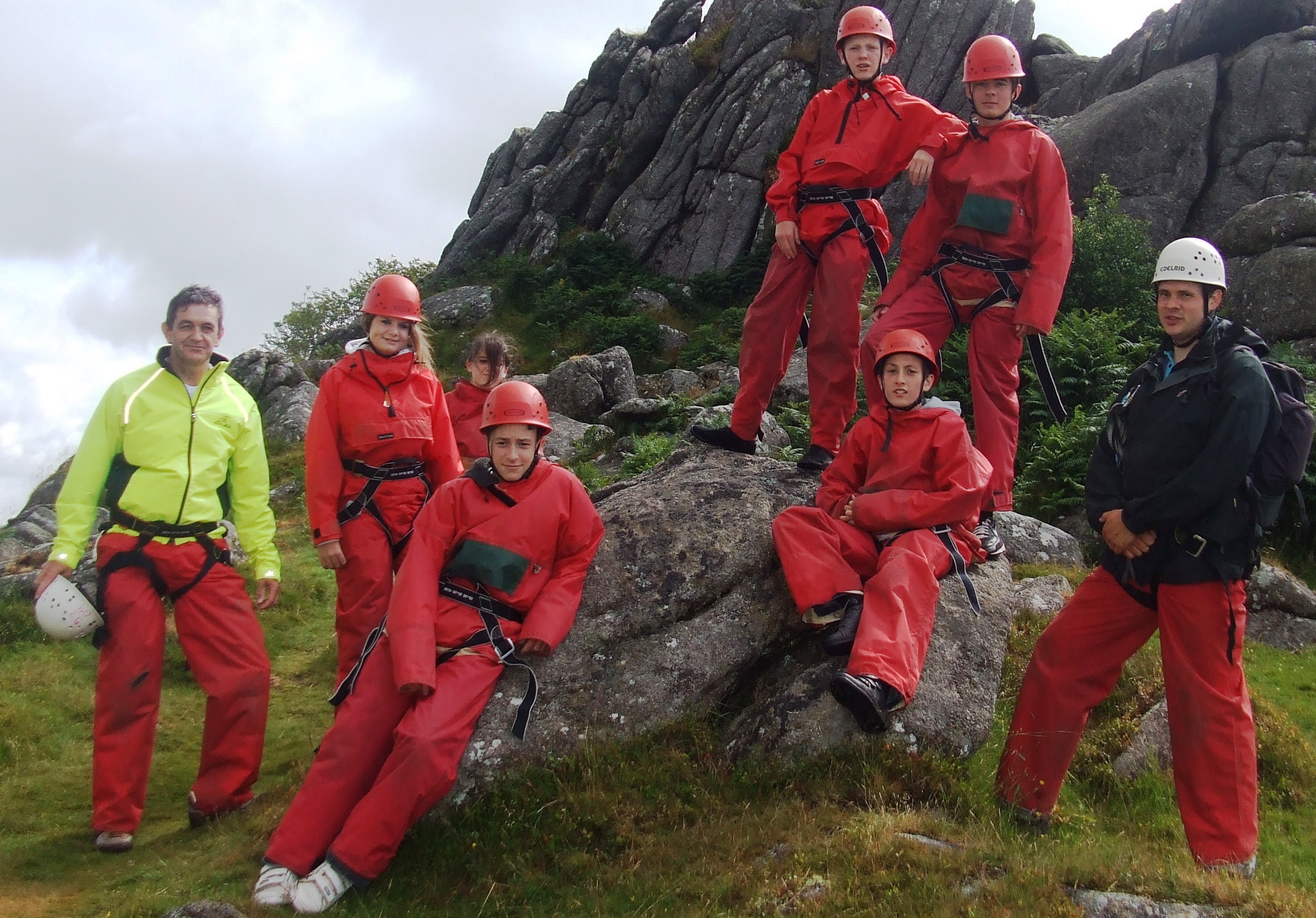
But such statistics should come as no surprise, certainly not to those attending our annual conference today, Intervening Before its Too Late. Earlier this year, Ex Curricula, a report by Demos, funded by the Private Equity Foundation (PEF), found that over one in 10 five-year-olds are at severe risk of disengaging from education when they begin school. These so called ‘nursery NEETs’ (not in education, employment or training) don’t have the behavioural skills they need to learn.
Demos advocated that the focus of resource and policy for dealing with the NEET issue should be turned on its head. It looked at “identifying the earliest possible point of intervention to prevent disengagement”.
This isn’t about branding babies but about dealing with risk factors as soon as they arise.
It makes sense. Vast sums are spent on dealing with the consequences of disengagement (this generation of NEET 16-18 year olds will cost society an estimated £35 billion over their lifetime). And over the last decade, NEET numbers have remained shockingly steady at around 16-17% of 16-24 year olds.
However, although Field has said (with provisos) that “later interventions do look much less cost-effective”, I would argue that the right, evidence based charity interventions continue to stack up financially and that it’s imperative that we don’t stop at age six.
Take, for example, the social safety net that charities can provide in primary schools, charities like The Place2Be and School-Home Support which, by tackling serious emotional and family issues, remove disadvantaged children’s barriers to learning, leaving teachers to teach. They also bridge the critical journey to secondary school when, unsupported, the vulnerable can so often disappear into a black hole. As previously highlighted on The Social Issue, a review of SHS has found that for every pound spent on it, £21.14 is saved across the whole of society.
But what about engaging teenagers before they walk out of the school gate and become ever harder to reach? It’s at 14 that young people really show their propensity to become NEET and that targeted and yes, cost-effective help can turn around young lives.
Skill Force, a charity that works with 14-16 year olds is a case in point; 60% of its students who are entitled to free school meals go on to further education, compared to 6% nationally. Exclusions are reduced from a predicted 30% to less than 7%. The organisation, which has helped around 35,000 young people since it launched a decade ago, estimates that it saves the public purse some £40 million a year by reducing the number of young people likely to become NEET. That is why PEF supports its good work.
Skill Force staff, drawn mainly from the armed forces, provide outstanding role models and deliver an alternative in-school curriculum which draws together vocational qualifications, community volunteering and life skills both in the classroom and through outdoor activities. Amongst other things, students work towards the Duke of Edinburgh’s Award and the Young Lifesavers Award, studying their alternative curriculum for a day a week for up to two years.
 A recent Skill Force rock climbing activity, encouraging team work and mutual support
A recent Skill Force rock climbing activity, encouraging team work and mutual support
Karl’s just one Skill Force beneficiary: “I never used to bother with going to school on Mondays – I used to take it as a day off. School really bored me. But then Skill Force was every Monday and I saw it as a good, positive start to the week. I started to enjoy what we were learning.” Fellow student Ryan adds: “What I have achieved has surprised everyone at college because they thought that I would have been kicked out by now”.
Would just one chance, pre-six, have been enough to help Karl and Ryan? It’s impossible to tell. So while I commend Field’s consideration of the welfare of the very young, I would welcome a wider shift of emphasis to prevention rather than just early intervention if we’re to avoid the children of today becoming the NEET statistics of tomorrow.

I fully agree with Shaks – we should be supporting children and young people throughout the life cycle. A child who is deemed to be ‘on track’ to suceed in life at age 6 still has to navigate and experience any number of obstacles before they are deemed to be safely ‘EET’ at age 16 – anything from surviving the transition to secondary school, not falling in with the ‘wrong crowd’ at school, bullying or parental divorce. We need support mechanisms to help all of these children to stay at school and suceed, which requires a range of interventions, such as those described by Shaks in her piece.
However, I would also advocate for positive role models, such as the full time young volunteers (or corps members) placed by City Year in schools across 20 US cities, Johannesburg and now London. These corps members are drawn from all backgrounds, and are aged 18 – 25, so they relate to the children they support in classrooms, playgrounds and breakfast clubs, as ‘near peers’. In the US, the programme has a proven impact on children’s attendance, behaviour and curriculum performance in English and maths – and we are aiming for similar success in the UK. But it also benefits the young people who give up 10 months of their lives to give back to children and communities. Through training and their experiences in schools they gain the type of employability and life skills that employers (and young people themselves), say the education system fails to equip them with as a matter of course.
So what is, on the face of it, an early intervention programme, is also one that helps older young people to be young leaders. Surely both groups deserve the opportunity to reach their full potential?
I also agree. We need positive interventions for the 0-5s to support families and children, particularly the most vulnerable: but to quote someone at the Private Equity Foundation conference yesterday, early years services are not an innoculation: they are necessary but not sufficient. Children and young people need resilience and access to opportunities throughout their childhood. It is great that the Allen review of early intervention is covering 0-18 year olds.
There are many, many dangers in the government sticking its big nose further into family life.
Do you recognise them?